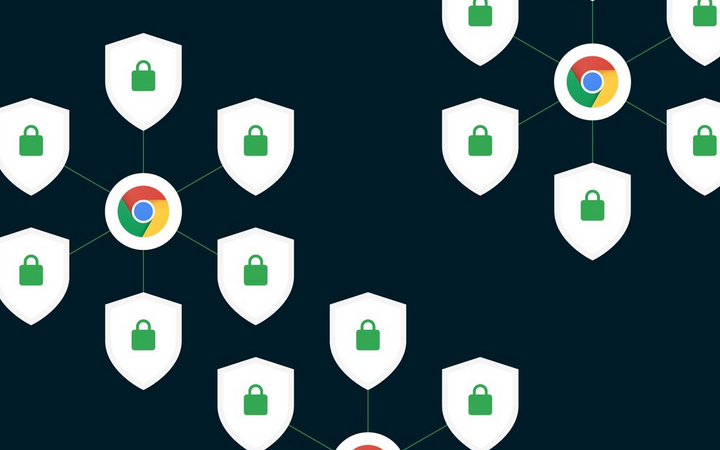Chrome 70 Arrives, Brings Chrome OS-Like Apps to Windows
Google has been trying for years to convince people that web apps can be just as capable as their native counterparts. The company has a vested interest in making that claim a reality: It collects most of the information it relies on via the web, and built the Chrome OS platform around this concept. Now the company has brought Desktop Progressive Web Apps to Windows via Chrome 70 to offer a similar experience to users of Microsoft's operating system.
The company previously announced that Chrome 70 would feature support for new biometric authentication features, advanced shape detection, and more. It also rolled back a controversial update that arrived with Chrome 69 which automatically signed people into their Google accounts within Chrome if they logged in to one of the company's services. That didn't pose a direct security risk--sync remained disabled by default--but it did rankle people.
Desktop Progressive Web Apps weren't given as much attention as those other feature updates. But now Google has told developers about the change, explaining: "Once installed, they’re launched from the Start menu, and run like all other installed apps, without an address bar or tabs. Service workers ensure that they’re fast, and reliably, the app window experience makes them feel like any other installed app." Web, meet desktop.
Developers have been turning web pages into something resembling native apps for years. Many companies have also wrapped their web apps in native containers so they can be distributed via the Microsoft Store and other centralized platforms. Desktop Progressive Web Apps are supposed to simplify things so people don't have to worry about those fiddly solutions. Just install the web app you want and let Chrome (and web developers) do the rest.
Chrome 70's release won't bring as many changes as Chrome 69, which Google released to commemorate the browser's 10th birthday. Besides the controversial privacy change, Chrome 69 also updated the browser's user interface, improved its password management tool, and made other improvements. Chrome 70 is a return to Google's regular--incremental--updates. You can install it now by going to Help > About Google Chrome.
Get Tom's Hardware's best news and in-depth reviews, straight to your inbox.

Nathaniel Mott is a freelance news and features writer for Tom's Hardware US, covering breaking news, security, and the silliest aspects of the tech industry.
